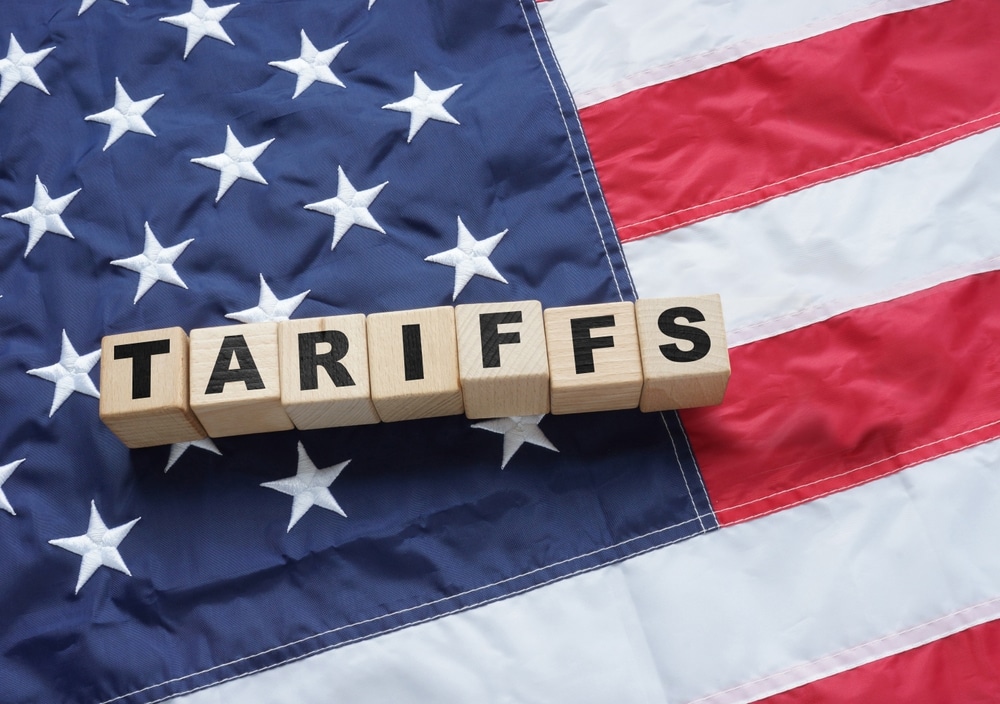U.S. President Donald Trump has decided to postpone the implementation of a controversial 50% tariff on imports from the European Union, pushing the deadline to July 9. This move comes in response to a request from European Commission President Ursula von der Leyen, who emphasized the need for more time to iron out negotiations between Washington and Brussels.
Initially, Trump had threatened to impose these tariffs starting June 1, citing ongoing frustrations over stalled trade talks. In a recent conversation, he mentioned, “We had a very nice call, and I agreed to move it. She said we will rapidly get together and see if we can work something out.” This sentiment reflects a common thread in international relations: the desire to maintain open lines of communication, even amid tensions.
Von der Leyen echoed this optimism in a post on X, asserting that Europe is “ready to advance talks swiftly and decisively.” This collaborative approach may prove beneficial not only for the political leaders involved but also for consumers and businesses alike.
Financial markets welcomed the news with open arms. Following the announcement, European shares saw a noticeable rebound, with the Stoxx Europe 600 index rising by 1%. Companies heavily reliant on the U.S. market, such as luxury goods giants Kering, LVMH, and Richemont, observed their stocks climb between 1.5% and 2.4%. Even well-known automakers like BMW and Porsche recorded gains, indicating the broad impact of these tariff discussions.
The stakes are high. If implemented, the proposed tariffs could lead to skyrocketing prices on a variety of European goods, from luxury handbags to automobiles and even staple items like olive oil. Currently, European products already face a 25% tariff on steel, aluminum, and cars in the U.S., along with a 10% tariff on many other goods. The potential increase to 50% would have significant repercussions for consumers on both sides of the Atlantic.
Trade discussions have certainly been rocky, marked by the U.S. pushing for unilateral concessions while the EU seeks a more balanced agreement. This extension until July 9 provides a critical window for both parties to shift focus from confrontation to collaboration, aiming for a resolution that serves everyone’s interests.
In the end, the world watches closely. The outcome of these negotiations could not only shape future trade relations but also affect the daily lives of consumers who cherish European products. As the situation develops, the importance of trust, negotiation, and mutual respect stands as a guiding principle in international economic relations.
Image Source: Jack_the_sparow / Shutterstock























